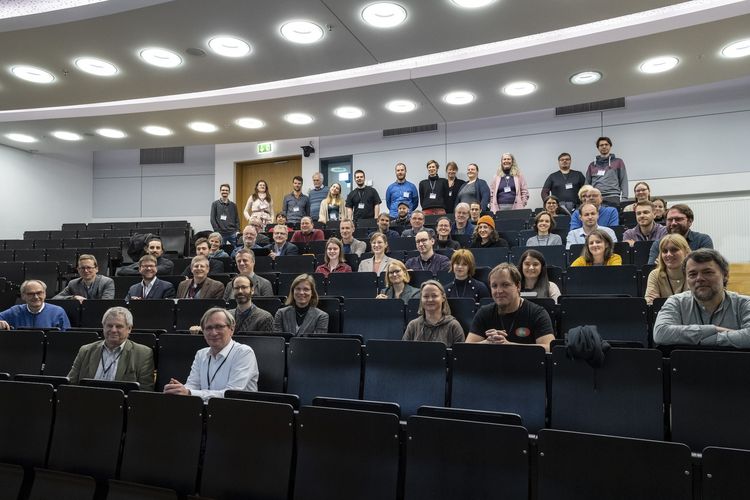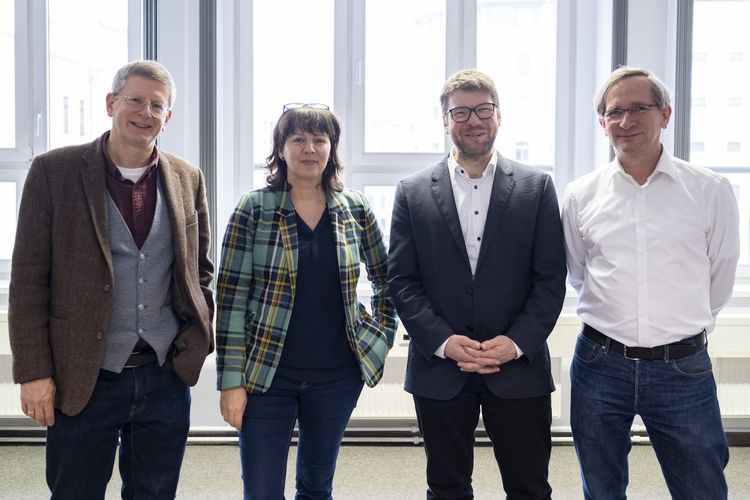Floodplains are global hotspots of early human intervention and highly sensitive socio-ecological feedback mechanisms. They are particularly dynamic landscapes and core zones of Europe's cultural and natural heritage. So-called „fluvial societies“ have radically changed the Central European floodplains due to their high diversity of uses and capacities and the associated land reclamation and risk minimisation measures. In some cases, this man-made over-shaping can be so severe that former floodplains can no longer be recognised as such. During the funding period, the eight sub-projects of the DFG Priority Programme will analyse this interaction between societies and pre-industrial floodplains from different perspectives and in selected regions of Central Europe.
The plenary meeting focussed on scientific exchange. The focus was also on methodological developments such as DNA analyses from river and lake sediments or the reconstruction of the historical biodiversity of floodplains. The international plenary meeting also involved scientists from the interdisciplinary LeipzigLab at Leipzig University, who are particularly involved in the research questions on historical biodiversity and the „New Global Dynamics“ excellence initiative.
For the coordinator of the Priority Programme, Prof. Dr Christoph Zielhofer, physical geographer at Leipzig University, the question of whether and since when the floodplains and societies operating in the floodplains must be understood as a „fluvial anthroposphere“ and which ecological and social processes led to their development is particularly exciting. „Previous research indicates that human-induced changes to the floodplains and the development of specific fluvial societies began long before the industrial period,“ says Dr Lukas Werther from the German Archaeological Institute in Frankfurt, who is a member of the research committee and plays a leading role in organising the Priority Programme.































































